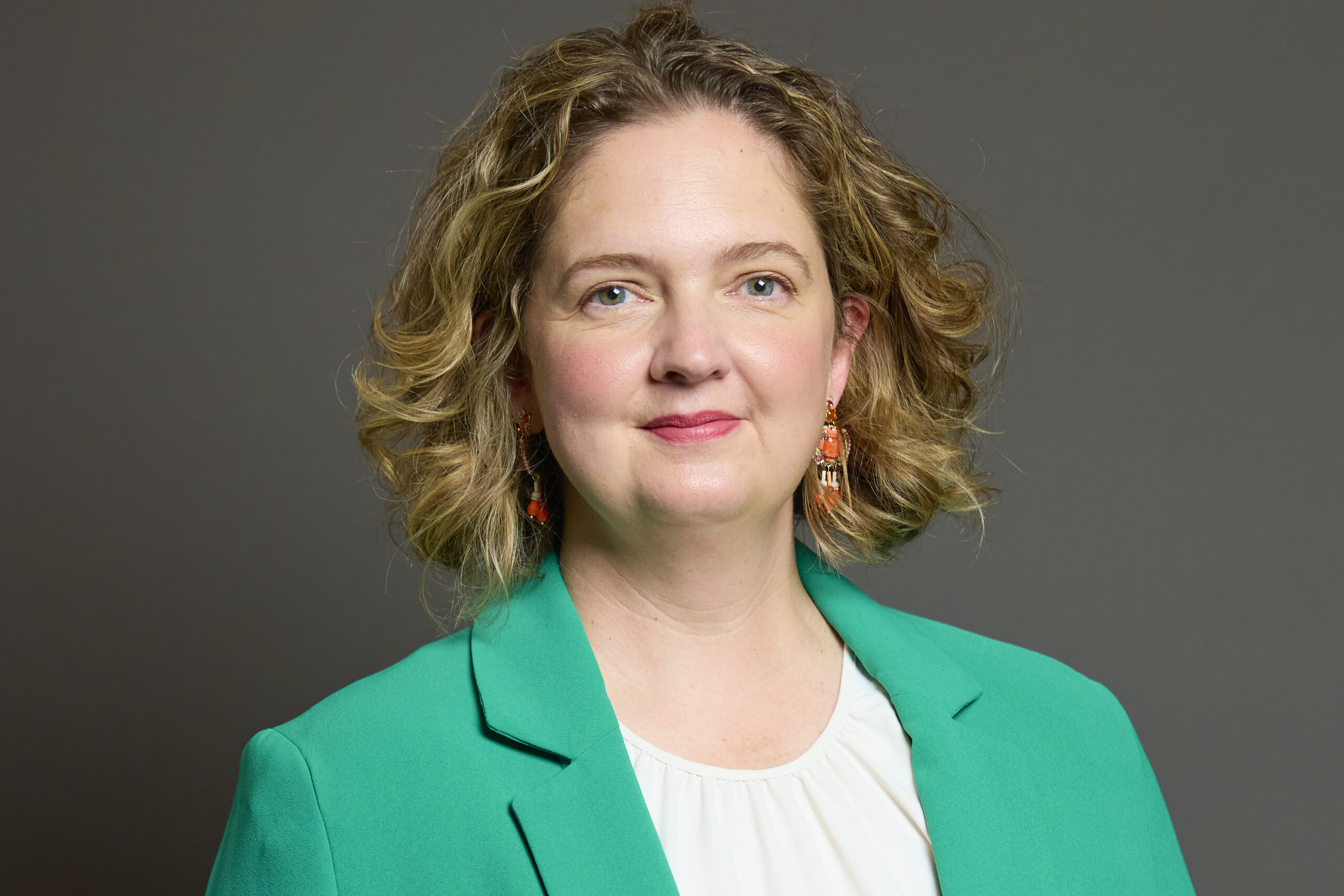Financial inclusion is a fundamental need across the UK. It means that everyone, wherever they are based, has the ability to access and understand financial services in order to manage their money and maintain a sustainable life. Despite this necessity, the specific needs of rural areas often fail to be met or be properly taken into consideration during decision making processes.
The Government has spoken of the need for financial inclusion, which is a sentiment I welcome, however in order for this to be universal, particular concentration needs to be given to what that means in rural areas where additional challenges can exist creating barriers to financial access.
Whilst we know that an estimated 93% of people across the country live within a mile of an ATM, a country mile is very different to that of a city. Within a city, that mile might have public transport links, it might be walkable, with pavements and street lights and other pedestrians around. In the country, that mile could look very different. A village resident might have to travel along unsafe roads, alone, without pavements, lights and only really accessible with a car. This means that those who perhaps most need access to cash, also need to be in possession of a car which isn’t necessarily probable. Access to cash is still vital for around 5 million across the UK, particularly with those vulnerable due to low income or the elderly. In my constituency of Frome and East Somerset, an average of £630 000 is withdrawn in cash each month, and with the closing of bank branches there are fewer and fewer places available for them to do so. For people on a low income, cash can act as an effective method to budget efficiently, and for the elderly it is a way for them to manage their money when digital services prove harder for them to navigate.
The need for cash is also particularly necessary for many in rural areas due to a lack of access to the alternative digital services. Broadband is a major issue in the countryside, with many individuals and businesses unable to access the internet in their home. Rural communities can therefore find themselves doubly excluded as more banking services move online, with broadband providers quoting over quarter of a million pounds to one couple in my constituency who wanted to connect to the nearby Glastonbury exchange in order to run their small business. Financial inclusion and digital inclusion are undeniably linked, and a reliance on digital services only compounds the exclusion of vulnerable groups. As well as relying on often patchy broadband, access to digital services can also prove costly, requiring a computer or mobile phone data. With BT set to swap from analogue to digital, phone banking will also be made harder for elderly people who may rely on landlines for their access to the outside world, especially in areas across rural communities where mobile phone signal is all but non-existent.
Frome, in my constituency, is lucky to have campaigned successfully for a new banking hub which will prolong physical access for the time being. However, these are privately run and if the banks decide three years from now that they aren’t profitable, they could close, leaving residents in the same position. The government’s focus on financial inclusion is one we welcome, but that legislation and the funding that goes with it must be expanded to take into consideration specific geographical, physical and societal barriers which cannot be ignored for the impact they have. All is not equal when it comes to financial inclusion and as technology and innovation evolves, it is vital we bring everyone alone on the journey. Rural areas deserve the same levels of financial access as everyone else and decision makers must pay attention to the specific needs of our communities.
Rural areas deserve the same levels of financial access as everyone else


